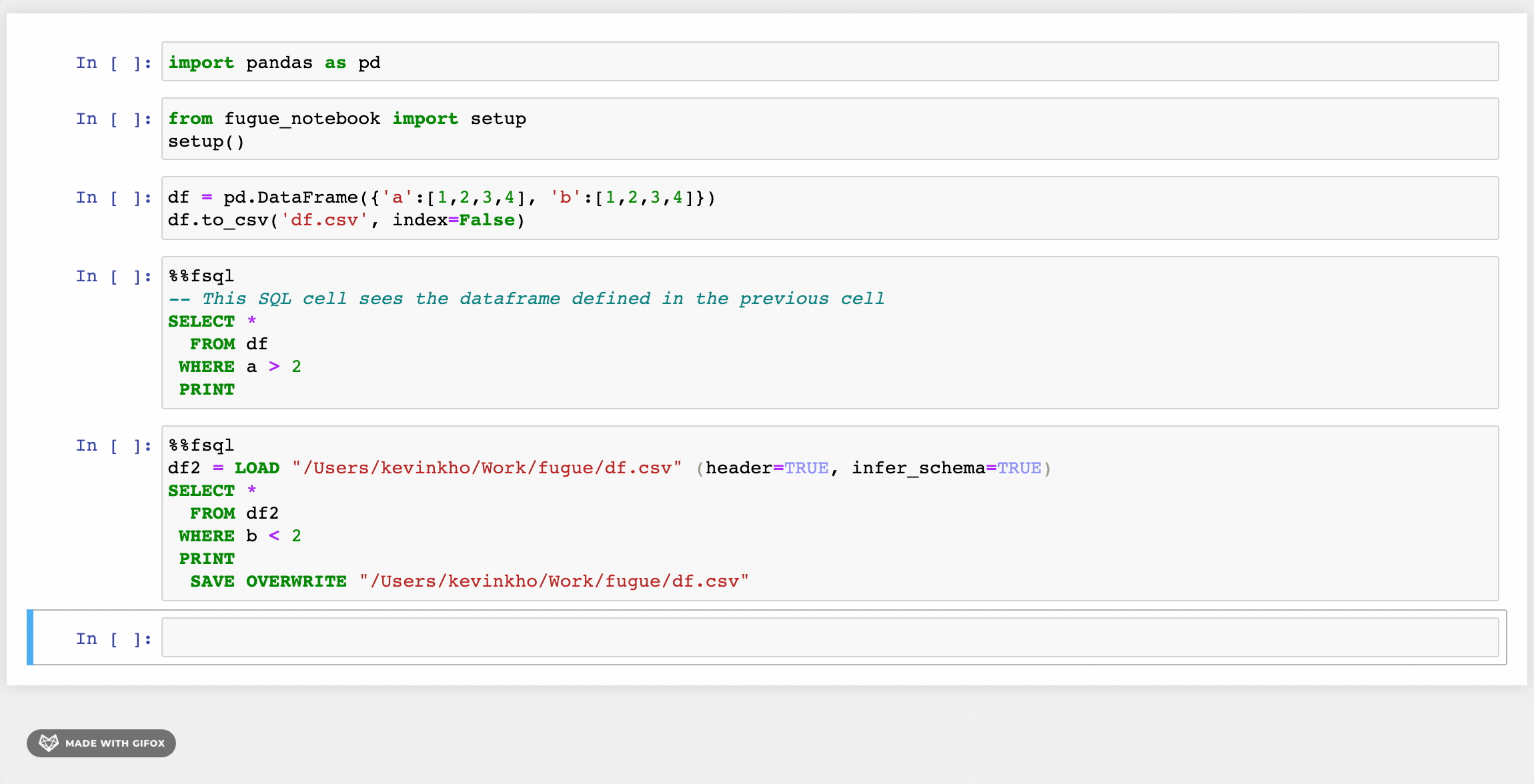

- #PYTHON JUPYTER NOTEBOOK EXP HOW TO#
- #PYTHON JUPYTER NOTEBOOK EXP GENERATOR#
- #PYTHON JUPYTER NOTEBOOK EXP FULL#
- #PYTHON JUPYTER NOTEBOOK EXP CODE#
Section 12.5: Chaos and sensitivity to initial conditions Taylor problem 5.36 (with Example 5.3 graphs)ĭemo notebook for linear operators as matrices About Physics 5300: Theoretical and Computational Mechanics If cells = 'markdown' and cells = 'code':Ĭells = ' \n '. # Merge the lines in each cell to a string for i in range( len(cells)): 'line \n %s \n has not beginning cell delimiter' % line) # Ordinary line in a cell if inside in ( 'markdown', 'codecell'): 'Wrong syntax of cell delimiter: \n %s ' % repr(line))
#PYTHON JUPYTER NOTEBOOK EXP CODE#
# Code cell if shortname in shortname2language: # Check if code is to be typeset as static # Markdown code (e.g., shortname=py-t)Īstext = shortname = '-t' if astext:Ĭells.
#PYTHON JUPYTER NOTEBOOK EXP FULL#
Inside = None # indicates which type of cell we are insideįullname = None # full language name in code cells for line in lines: Temp = Template(text =text, lookup =lookup, Print 'Cannot import mako - mako is not run' # First read all include statements for i in range( len(lines)):
#PYTHON JUPYTER NOTEBOOK EXP GENERATOR#
"This is how we run the notebook generator on files with\n", "We implement the evaulation of $y(t)$ in Python:\n" "The integration constant is found from the initial condition\n",

"The equation is separable, and we find by standard methods\n", "This is a test notebook where we solve the following math\n", "# Test of Jupyter Notebook generator\n", Instead, we can define allow_printing = False,Ĭall `solve(), and store its output in variables such that we can access _builtin_ when we run this code inside Mako so then the test block subs(t, 0) - y0 # equation for initial condition rhs # grab right-hand side of equation # Determine integration constant C1 from initial conditionĮq = y. # Solve differential equation using dsolve symbols( 't', real = True, positive = True) # Then we just include this file in the document inside # mako directives and set allow_printing=False. # Solve y'=y, y(0)=2 by sympy # This file is intended for being included via mako # in a document, but it is much easier to debug the # python code in a separate standard. Syntax #include "filename" at the beginning of a line to include a file It is handy to include other files in a document so we invent the (Sometimes one wants to show code, but it is not If x is proceeded by -t it means that the cell is not a code cell,īut a standard static Markdown code cell typeset within triple backticksĪs usual in Markdown.

Java for Java, tex for LaTeX or TeX, html for HTML, etc. Sh for Bash or another Unix shell, sys for the console (terminal The language, typically the file extension: py for Python,į for Fortran, c for C, cpp for C++, js for JavaScript,

Indicates code cell in language x, where x is a short name for We go for a very simple format: - is delimiter lines between cells.Ĭells are written in either plain Markdown or as a set of statements inĪ programming language, depending on whether the cell is a text orĭeliminter lines with an extension text x, as in -x, The ascii notebook format Cell delimiter lines Just based on a standard template language, Mako, instead of quite We show how the SymPy calculations can beĭone on the fly while compiling the document: results in Python variablesĪre magically propagated into the text. On writing a little report where we 1) present a differentialĮquation, 2) solve it by SymPy, and 3) show Python code for the solution and The notebook generator will be demonstrated through a specific example. Translate the LaTeX code to the syntax described here and That you want to make use of in notebooks. Programming constructs into the text as well as to run computations.Īscii input is particularly useful if you have LaTeX code Such as preprocessors to introduce variables and other Plain ascii in your favorite editor and also use handy tools Generator in Python such that you can write a notebook in
#PYTHON JUPYTER NOTEBOOK EXP HOW TO#
This note explains how to write your own notebook How to automatically generate Jupyter Notebooks


 0 kommentar(er)
0 kommentar(er)
